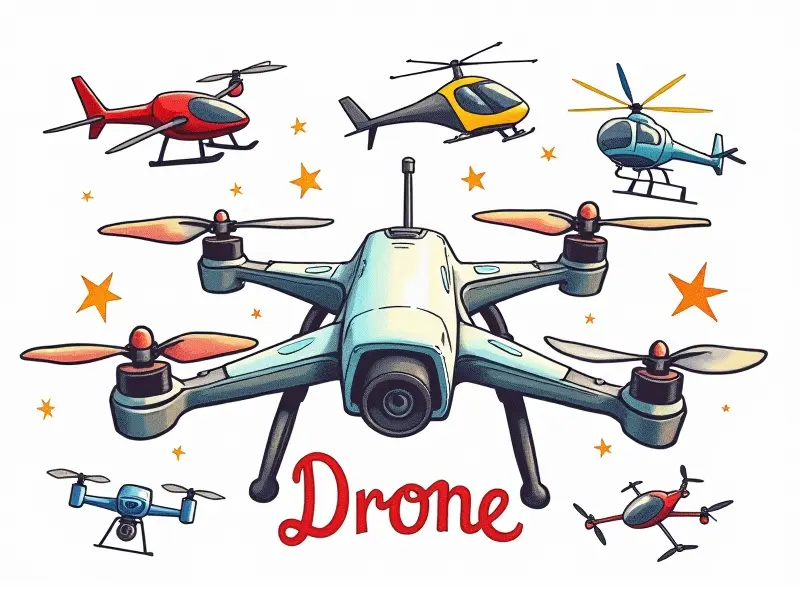RC planes electric vs gas

Electric RC Planes: The Future is Now!
The world of remote control (RC) aviation has seen a significant shift towards electric propulsion. Electric RC planes offer numerous advantages over their gas-powered counterparts, making them an attractive option for both beginners and seasoned pilots alike.
Why Switch to Electric RC Airplanes Today?
- Ease of Use: Electric planes are simpler to operate and maintain compared to gas models. They require less setup time and fewer maintenance tasks, making them ideal for hobbyists who want to spend more time flying and less time on upkeep.
- Cost-Effectiveness: While the initial investment in batteries and chargers might be higher than that of a gas-powered plane, electric models generally have lower operating costs due to reduced fuel expenses and fewer replacement parts needed over their lifespan.
Electric RC Planes: More Fun, Less Hassle
Flying an electric RC plane can be incredibly enjoyable. They offer smooth, quiet operation that enhances the flying experience without disturbing others nearby. Additionally, electric planes are often lighter and more maneuverable than gas models, allowing for a wider range of flight maneuvers.
Pros and Cons of Electric vs Gas RC Planes
Electric RC Planes
- Advantages:
- No fumes or noise pollution
- Easier to store and transport
- Lower maintenance requirements
- Disadvantages:
- Battery life limitations
- Potential for overheating in high-performance models
Gas RC Planes
- Advantages:
- Longer flight times due to fuel capacity
- Higher power-to-weight ratio for larger models
- Disadvantages:
- Noisy and polluting exhaust emissions
- Complex setup and maintenance procedures
Electric RC Planes: Quiet, Clean, Powerful
The environmental benefits of electric RC planes are significant. They produce zero emissions during operation, making them a cleaner alternative to gas-powered models. Additionally, the lack of noise pollution means you can enjoy your hobby without disturbing others.
Transitioning from Gas to Electric RC Planes
Moving from gas to electric RC planes is easier than ever before. With advancements in battery technology and motor efficiency, many pilots are finding that electric models offer comparable or even superior performance to their gas counterparts. Here’s how you can make the switch:
- Choose a reputable brand known for quality electric components.
- Select a model that matches your skill level and flying preferences.
- Invest in high-quality batteries and chargers to ensure optimal performance.
Performance Comparison: Electric vs Gas RC Planes
When it comes to performance, both electric and gas-powered RC planes have their strengths. However, recent advancements in battery technology mean that many electric models now offer comparable or even superior flight times and power output compared to traditional gas engines.
Environmental Impact of Electric vs Gas RC Planes
The environmental impact of choosing an electric RC plane over a gas-powered one is substantial. By opting for an electric model, you contribute to reducing air pollution and noise disturbance in your community while enjoying the benefits of modern technology.
Beginner's Guide: Choosing Between Electric and Gas RC Planes
If you're new to the world of RC planes, deciding between electric and gas models can be daunting. Here are some key factors to consider:
- Experience Level: If you’re a beginner, an electric plane is often easier to handle.
- Budget: Consider your initial investment versus long-term costs.
- Flying Environment: Electric planes are ideal for indoor or crowded outdoor spaces due to their quiet operation.
Top Electric RC Planes to Beat Gas Models
Several electric RC plane models stand out in terms of performance and features. Here are a few top contenders that can rival gas-powered options:
- E-flite UMX Scout: A lightweight, agile model perfect for beginners.
- Hobbico NexStar 180: Offers impressive flight times and maneuverability.
Cost Analysis: Electric vs Gas RC Aircraft
While the initial cost of electric RC planes might be higher due to battery packs and chargers, their lower operating costs over time make them a more economical choice. Additionally, reduced maintenance needs further contribute to long-term savings.
Conclusion
The shift towards electric-powered RC planes is not just about technological advancement; it's also about sustainability and user convenience. As battery technology continues to improve, the gap between electric and gas models narrows, making electric options increasingly attractive for both hobbyists and professionals. Whether you're a seasoned pilot or just starting out, there has never been a better time to embrace the future of RC aviation.

